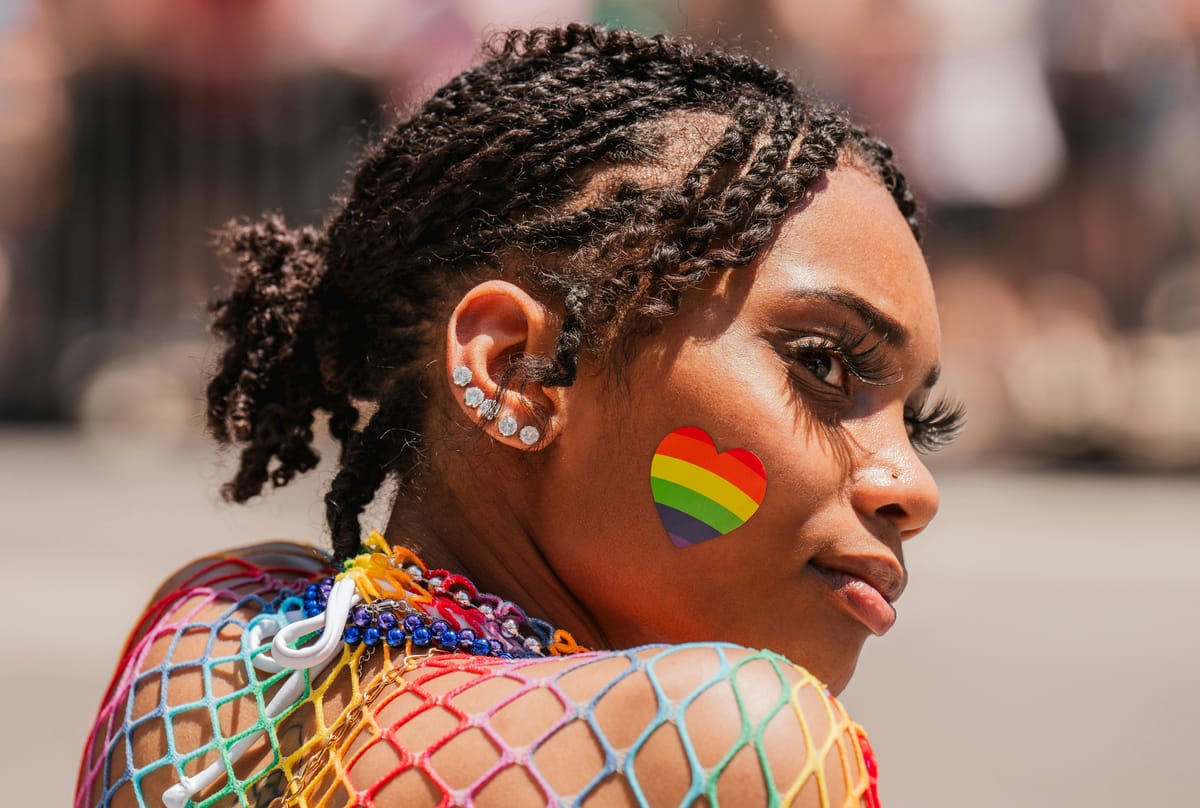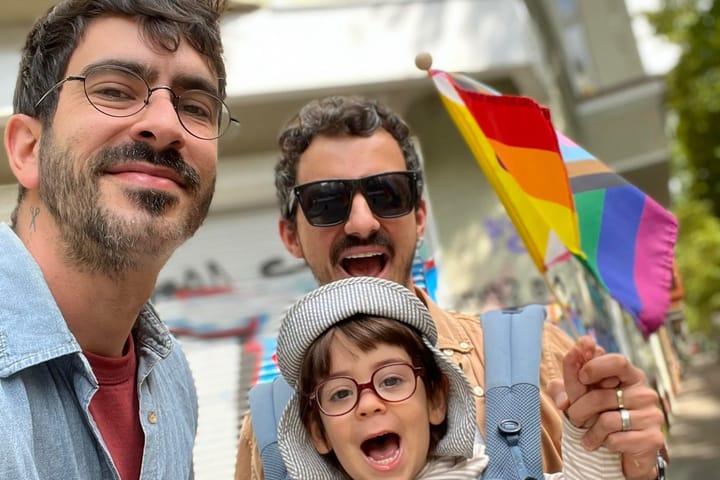Saint Lucia court strikes down ban on homosexuality

In a landmark decision hailed as a major victory for human rights, the Eastern Caribbean Supreme Court has ruled that Saint Lucia’s laws criminalising homosexuality are unconstitutional, effectively decriminalising same-sex relations in the island nation.
The ruling, delivered on Tuesday, struck down sections 132 and 133 of Saint Lucia’s Criminal Code, which outlawed “gross indecency” and “buggery” — terms historically used to criminalise consensual same-sex activity. These colonial-era provisions, which carried penalties of up to ten years’ imprisonment, were found to violate fundamental rights including privacy, liberty, freedom of expression, and protection from discrimination.
“This decision is deeply personal,” said Kenita Placide, Executive Director of the Eastern Caribbean Alliance for Diversity and Equality (ECADE), which spearheaded the legal challenge. “It represents a step towards justice for the many lives lost to violence simply for being themselves. It signals that our Caribbean can and must be a place where all people are free and equal under the law”.
The court’s decision aligns Saint Lucia with a growing number of Eastern Caribbean nations - including Barbados, Antigua and Barbuda, Dominica, and Saint Kitts and Nevis - that have recently repealed similar laws. The ruling also comes amid broader regional and international pressure to dismantle legal frameworks that discriminate against LGBTQ+ individuals.
Téa Braun, CEO of the Human Dignity Trust, described the ruling as “another significant legal milestone” and emphasised the role of the judiciary in upholding rights when legislative bodies fail to act. “We extend our heartfelt congratulations to the litigants and activists who have tirelessly pursued justice,” she said.
While the laws were rarely enforced, human rights advocates argued that their mere existence perpetuated stigma and justified broader discrimination. The Human Dignity Trust noted that such laws often underpin systemic inequality and violence against LGBTQ+ communities.
Saint Lucia, a predominantly Christian nation of just under 200,000 people, now joins a growing movement across the Caribbean to dismantle the legal remnants of colonial rule. However, several countries in the region - including Jamaica, Guyana and Saint Vincent and the Grenadines - continue to criminalise same-sex relations.
The ruling is expected to have ripple effects across the region, as activists and legal experts continue to challenge similar laws in other jurisdictions.
Support independent LGBTQ+ journalism
Scene was founded in Brighton in 1993, at a time when news stories about Pride protests were considered radical. Since then, Scene has remained proudly independent, building a platform for queer voices. Every subscription helps us to report on the stories that matter to LGBTQ+ people across the UK and beyond.
Your support funds our journalists and contributes to Pride Community Foundation’s grant-making and policy work.
Subscribe today




Comments ()